Of all the knowledge, the most important is that which directs the activities of life.
It is very important to know the laws of life, but the most important type of knowledge is that which leads us towards self-perfection.
— Spencer
It is harmful to eat when you are not hungry and to use artificial means of exciting your appetite. It is even more harmful to indulge in sexual lust without an irrepressible attraction and to arouse it within yourself. It is most harmful of all to force yourself to think when there is no need and to artificially evoke intellectual activity, as is done by the people who use their intellectual talents to elevate their social status.
It is better to master a little common sense with humility than the greatest treasures of science with arrogance. There is nothing wrong in being learned, and any knowledge about anything is nice in itself, but a good conscience and virtuous life must always come before knowledge.
— Thomas à Kempis
The progress of science does not promote moral purification. In every peoples whose history is known to us, the progress of science has promoted moral corruption. That we now consider the opposite comes from the fact that we mix our empty and deceptive knowledge with truly exalted knowledge. Science, in an abstract sense, and science in general, cannot but be respected, but the science of today, that which madmen call science, deserves only ridicule and contempt.
— Rousseau
Before all else we expect a teacher to turn his listener into a sensible man, then into a rational one, and, last of all, into a learned one.
The benefit of this approach is that if the student never reaches the final step, as is oftentimes the case, he will nevertheless profit from his education and will be more prepared, if not for school, then for life.
If this approach is turned inside out, then the student will grasp something akin to intellect before his judgement is developed, and will leave his education with a secondhand science, which has simply been stuck on top but not assimilated, while his spiritual abilities will remain just as barren as before, greatly spoiled by an imaginary erudition. This is the reason why we so often meet scientists (or rather, learned people) who are deprived of both judgement and reason, and why the academies produce a greater number of absurd heads than any other social class.
— Kant
Only the one whose deeds are good is truly learned.
— Hitopadesha
The will can never be just until the habits of the mind are corrected, since they affect the will the most. The habits of the mind, however, can only become optimal when they are based on the eternal laws of life as a whole.
— Seneca
Pay attention to what a wise person has to say, even if his actions do not match his words. A human being must learn, even if the lesson is written on a wall.
— Saadi
In knowledge, it is not the quantity that is important but a correct ranking of it. It is important to know what knowledge is most important, what is of secondary importance, tertiary, etc., and what is least important of all.